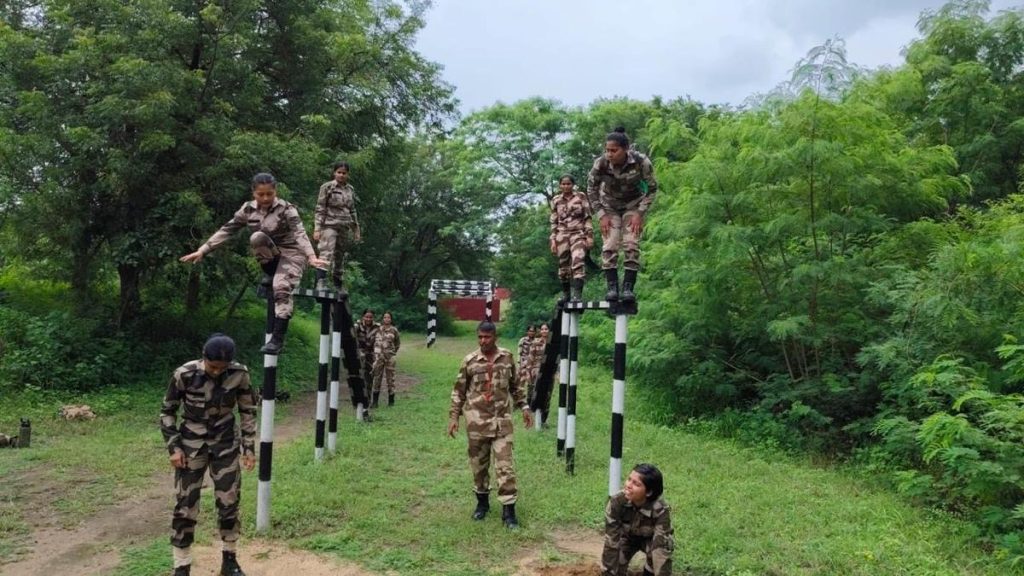Now Reading: Segregate Waste, Keep Drains Clean to Curb Seasonal Diseases: NTR Collector
-
01
Segregate Waste, Keep Drains Clean to Curb Seasonal Diseases: NTR Collector
Segregate Waste, Keep Drains Clean to Curb Seasonal Diseases: NTR Collector

Rapid summary
- NTR District collector G. Lakshmisha emphasized the importance of a healthy Andhra Pradesh as a step toward achieving the goals of Viksit Bharat and Swarnandhra during the Swarnandhra Swachh andhra program in Jayanti village, Veerulapadu mandal.
- The state government organizes monthly themed programmes; this month’s theme is “awareness on seasonal diseases.”
- Citizens were urged to segregate garbage, use alternatives to plastic, adopt vermicomposting practices, and maintain clean drains to prevent seasonal diseases.
- Certificates were awarded to 10 women for adhering to good hygiene practices; sanitation workers and ASHA workers were also felicitated.
- In Vijayawada, Chief Commissioner of Land administration G.Jayalakshmi praised measures taken by local authorities-Mayor R. Bhagyalakshmi and corporation Commissioner Dhyanachandra H.M.-to manage water stagnation and promote jute/cloth bags.
- Vijayawada’s Mayor highlighted contributions by sanitation workers in earning national accolades for cleanliness efforts while urging public cooperation.
- Measures listed by officials include ensuring free water flow into canals, combatting vector-borne diseases, promoting education on plastics’ ill effects, and setting up stalls advocating cloth/jute bag usage.
Indian Opinion Analysis
The initiatives led by officials in Andhra Pradesh reflect an integrated approach toward public health enhancement through environmental sustainability. By linking waste management strategies with disease prevention awareness campaigns like “Swarnandhra Swachh Andhra,” authorities aim not only at controlling localized challenges such as seasonal disease outbreaks but also advancing broader developmental goals like Viksit bharat.
Recognition given to individual citizens adhering to best hygiene practices signifies strong community engagement efforts-a vital component for sustainable policy implementation. Similar programmes in urban centers such as Vijayawada showcase an alignment between rural outreach actions and metropolitan area improvements under themes including water management and eco-consciousness (e.g., promotion of jute/cloth bags).
While significant momentum appears directed at plastic reduction through citizen participation initiatives (such as introducing alternatives), long-term success depends on sustained civic collaboration alongside technological upgrades tackling broader sanitation infrastructure challenges across regions.
Read more: Original Article
























